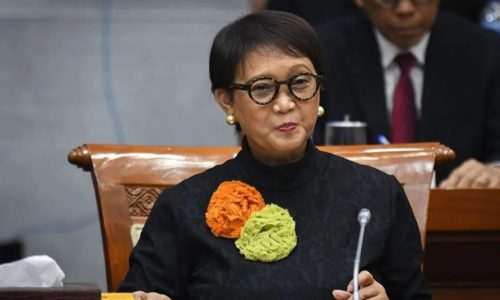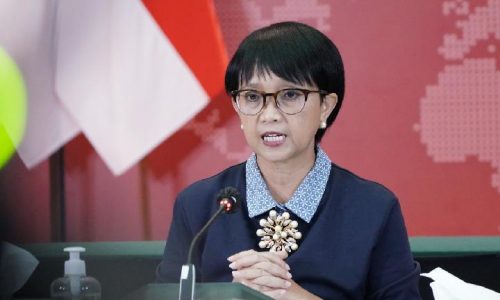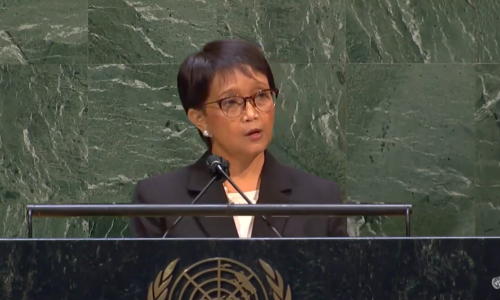A number of parties have started to anticipate the impact of the conflict between Israel and Iran on investor interest in startups as the conflict can affect the macro economy, particularly in the Middle East.
This conflict is considered to be able to push inflation even higher, which could impact on increased interest rate and eventually create new cost opportunities.
“Investors will be more careful, because there is a possibility that startup revenue or traction will decline,” Eddi Danusaputro, Chairman of the Indonesian Venture Capital Association for Startups (Amvesindo), said as quoted by Katadata.co.id on Tuesday, April 16, 2024.
According to him, investors will consider investing in startups to be much riskier than investing in banks with higher returns.
On the other hand, the Ministry of Communication and Information (Kemenkominfo) revealed that there is still no potential impact of the conflict between the two countries in the industry, especially the digital-based industry, including local startups.
Meanwhile, Minister of Communication and Informatics Budi Arie Setiadi said that the government is anticipating things that might happen, because this value could have an impact on rising commodities and oil prices. However, they cannot provide further details on the impact on startups.
Teuku Ricky, an economist from the Economic and Society Research Institute, Faculty of Economics and Business, University of Indonesia (LPEI FEB UI), reminded the government to be aware of the risk of a spike in inflation due to the conflict.
“When conflict breaks out, the flow of goods and supplies is disrupted, thus pushing the prices of goods and food to rise,” he said as quoted by Antara on Tuesday.
He added that it is necessary to be wary of imported inflation originating from abroad which has the potential to rise. This assessment is also supported by Bambang Brodjonegoro, former Minister of Research and Technology (2019-2021), who said that this conflict could also increase the rate of inflation.
As a fact, inflation can occur due to several factors including:
- Volatile food prices;
- Prices of goods regulated by the government, such as fuel oil (BBM) and liquefied petroleum gas (LPG);
- Those originating from abroad, which were caused by rising prices abroad, the weakening of the rupiah, and global distribution disruptions.









